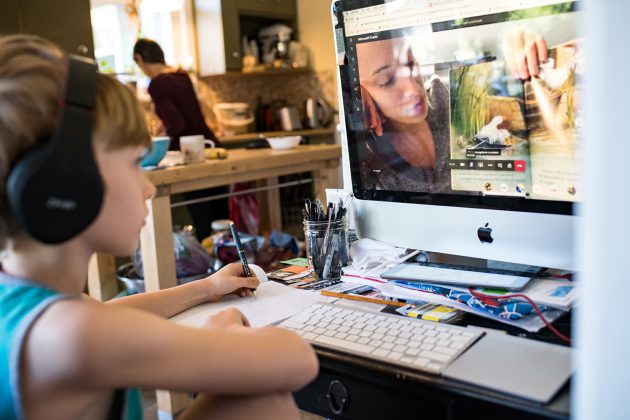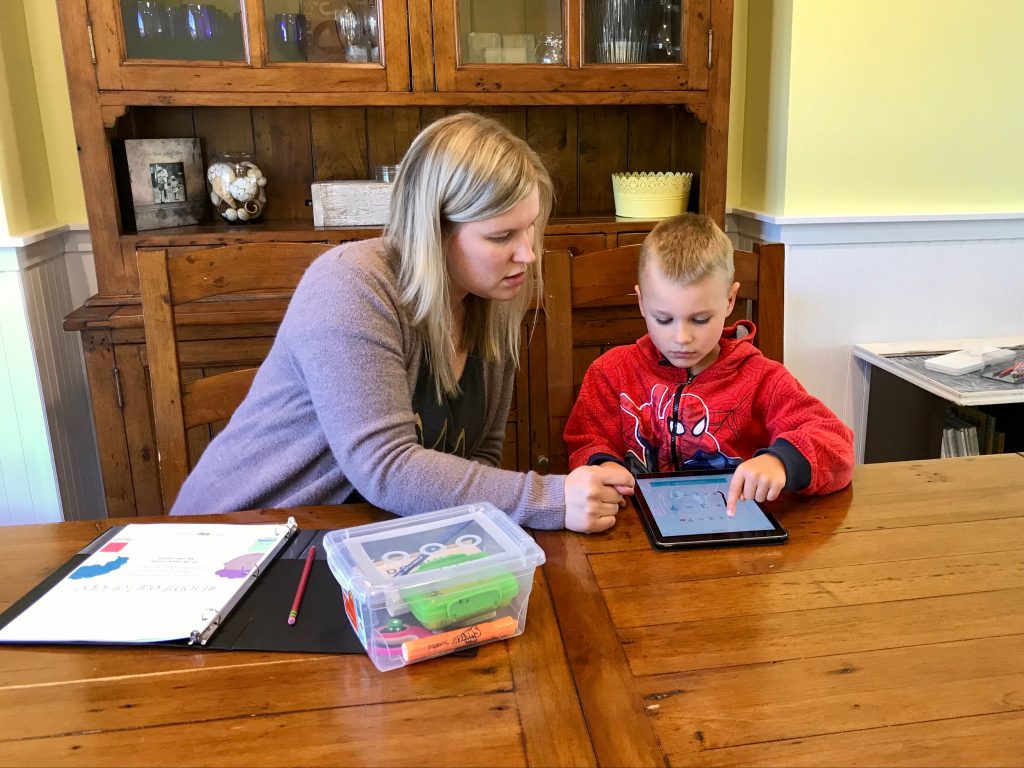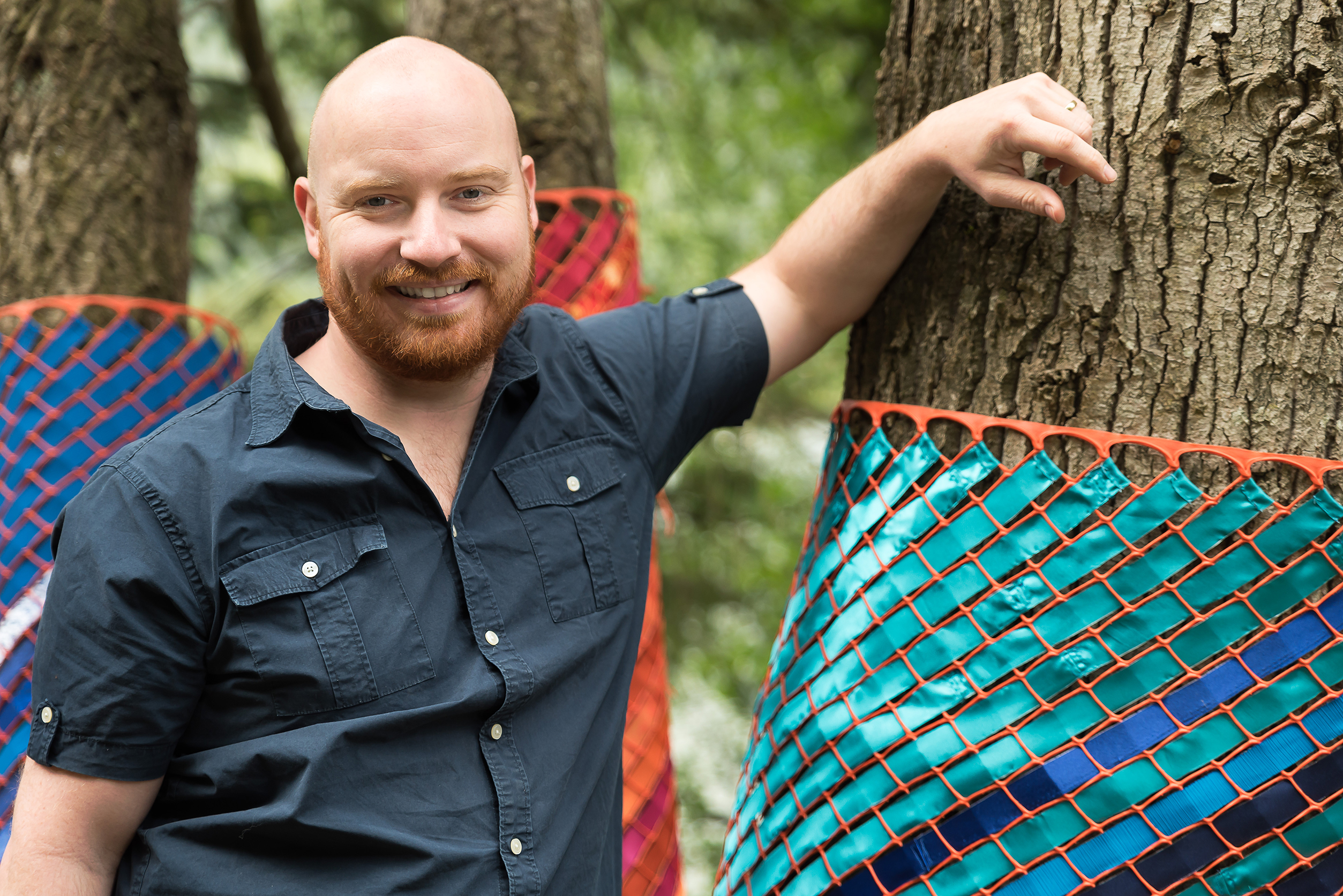Tips for teaching your kids at home during COVID-19
The COVID-19 crisis has turned many of us into home schooling families. In honour of National Teacher Day, Dr. Vandy Britton, head of UFV’s Teacher Education department, passes along some tips for parents and children suddenly faced with learning from home and online.

Here’s the list:
- Create a structure or routine together that is age-appropriate. Routine and structure can help all of us to do a better job of coping with uncertainty. If possible, make a schedule and post it in a place where everyone can see it. Make sure the schedule includes a mix of school-related activities, but also has exercise built into it, some sort of relaxation activities, and some family fun time.
- Create a learning space/place. Similar to a following a routine, having a regular place set up to do your work helps you to focus on the task at hand. This makes a clear division between ‘work’ and the rest of your life. Older students, in particular, may need a quiet(-ish) place to complete their school work. If this is not possible for your particular home situation, connect with your child’s teacher.
- Children need different things, depending upon their age, ability, and personality. Play is an integral and necessary part of learning. And, as social beings, all of us need connection with others — be it our friends or our family. Some students will do better work if they are doing their school work via video-chat or telephone with a friend; others will need a family member to check in on them now and again.
- Check in with your child’s teacher. If your child is struggling with their schoolwork, or you haven’t seen evidence of regular communication with the school, reach out to them.
- Try not to worry. Teachers are experts at meeting students’ needs and take this responsibility seriously. No one expects you to be responsible for all of your child’s academic needs. Take advantage of the learning opportunities that this situation provides us with: read a book with your child; cook a meal together; make a puzzle; colour a picture; dance together; measure daily rainfall; go on a scavenger hunt; keep a journal. All of these activities meet learning outcomes in the school curriculum and will be meaningful experiences for your child. You’ve got this!

Breanna Willock of UFV’s Marketing team is homeschooling her son Brayden, 5, along with her husband Matt, while also keeping Annabelle, 3, amused and occupied.




